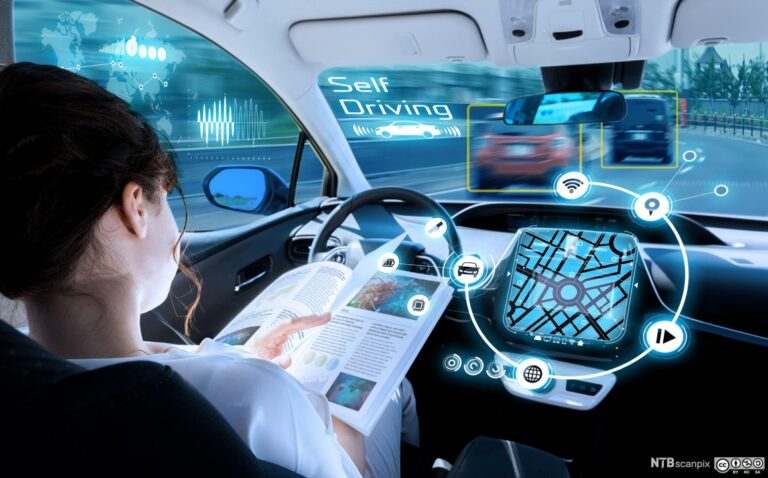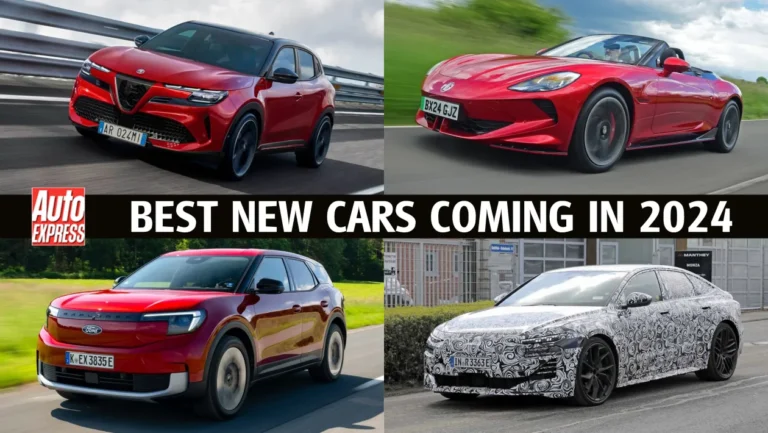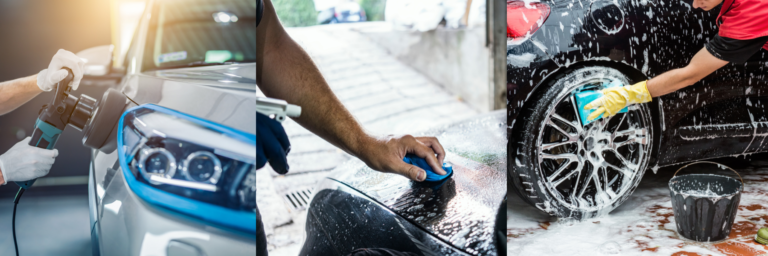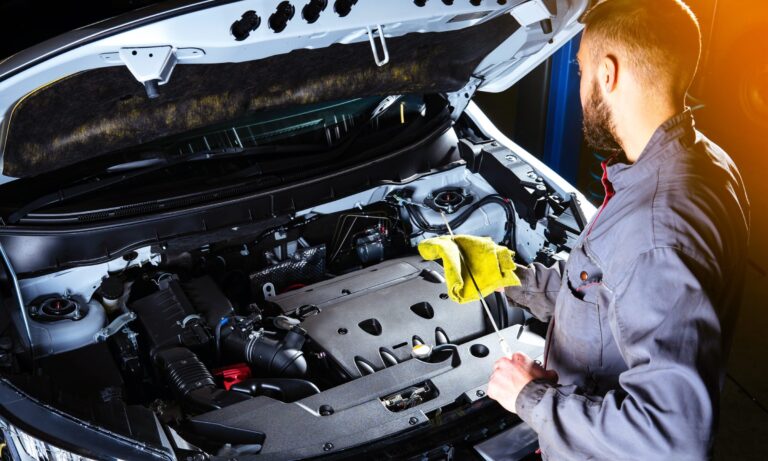The Pros and Cons of Leasing vs. Buying a Vehicle
When it comes to acquiring a vehicle, deciding whether to lease or buy can significantly impact your finances and driving experience. Each option has its own set of advantages and disadvantages. Here’s a comprehensive look at the pros and cons of leasing versus buying a vehicle to help you make an informed decision.
Leasing a Vehicle
Pros:
- Lower Monthly Payments
- Affordability: Leasing typically offers lower monthly payments compared to purchasing a vehicle. This can make it easier to drive a newer, higher-end model within your budget.
- Budget-Friendly: Lower payments can free up your budget for other expenses or investments.
- New Car Every Few Years
- Up-to-Date Technology: Leasing allows you to drive a new car with the latest features, technology, and design. This is ideal if you enjoy having the newest model on the market.
- Reduced Maintenance: New cars are often covered by manufacturer warranties, which can reduce maintenance and repair costs during the lease term.
- Lower Repair Costs
- Warranty Coverage: Most leased vehicles are under the manufacturer’s warranty for the duration of the lease, minimizing out-of-pocket expenses for repairs.
- Routine Maintenance: Some leases include routine maintenance packages, further reducing costs.
Cons:
- Mileage Limits
- Restrictions: Leases often come with mileage limits, and exceeding these limits can result in additional charges. This can be a drawback if you drive long distances regularly.
- Additional Costs: Extra mileage fees can add up if you frequently travel beyond the allotted mileage.
- No Ownership
- End of Lease: At the end of the lease term, you must return the vehicle and have no ownership stake. This means you’ll need to lease or buy another vehicle, potentially incurring additional costs.
- No Equity: Unlike buying, leasing does not build equity in the vehicle. You are essentially renting it for the lease term.
- Modification Restrictions
- Limited Customization: Lease agreements typically prohibit modifications to the vehicle. If you like to personalize your car, leasing may not be the best option.
Buying a Vehicle
Pros:
- Ownership
- Equity: When you buy a vehicle, you own it outright once the loan is paid off. This ownership allows you to keep the car as long as you wish without any further payments.
- Long-Term Investment: Owning a vehicle can be a long-term investment, and you can drive it for many years beyond the loan term.
- No Mileage Limits
- Unlimited Driving: There are no mileage restrictions when you own a vehicle. You can drive as much as you want without worrying about additional charges.
- Freedom: This is particularly advantageous if you have a long daily commute or frequently take road trips.
- Customization and Modifications
- Personalization: As an owner, you have the freedom to modify or customize your vehicle according to your preferences, whether it’s changing the paint color or upgrading the interior.
Cons:
- Higher Monthly Payments
- Cost: Loan payments for purchasing a vehicle are generally higher than lease payments. This can impact your monthly budget and financial flexibility.
- Initial Investment: The higher payments may require a larger down payment compared to leasing.
- Depreciation
- Value Loss: New cars depreciate quickly, and you may experience a loss in resale value over time. This can be a consideration if you plan to sell or trade in the vehicle later.
- Resale Challenges: The resale value can be affected by market conditions and the vehicle’s condition over time.
- Maintenance Costs
- Increased Responsibility: As the vehicle ages, you will be responsible for maintenance and repair costs once the manufacturer’s warranty expires. These costs can add up over time.
- Long-Term Expenses: Keeping an older vehicle in good condition may require more frequent repairs and upkeep.
Conclusion
Leasing and buying each offer distinct advantages and disadvantages. Leasing provides lower monthly payments, the opportunity to drive a new car frequently, and reduced repair costs. However, it comes with mileage limits, no ownership, and restrictions on modifications. Buying a vehicle offers ownership, unlimited mileage, and customization freedom, but involves higher monthly payments, depreciation, and potential maintenance costs.
Ultimately, the choice between leasing and buying depends on your personal preferences, financial situation, and driving habits. Consider your long-term goals, budget, and how you plan to use the vehicle to determine which option aligns best with your needs.





